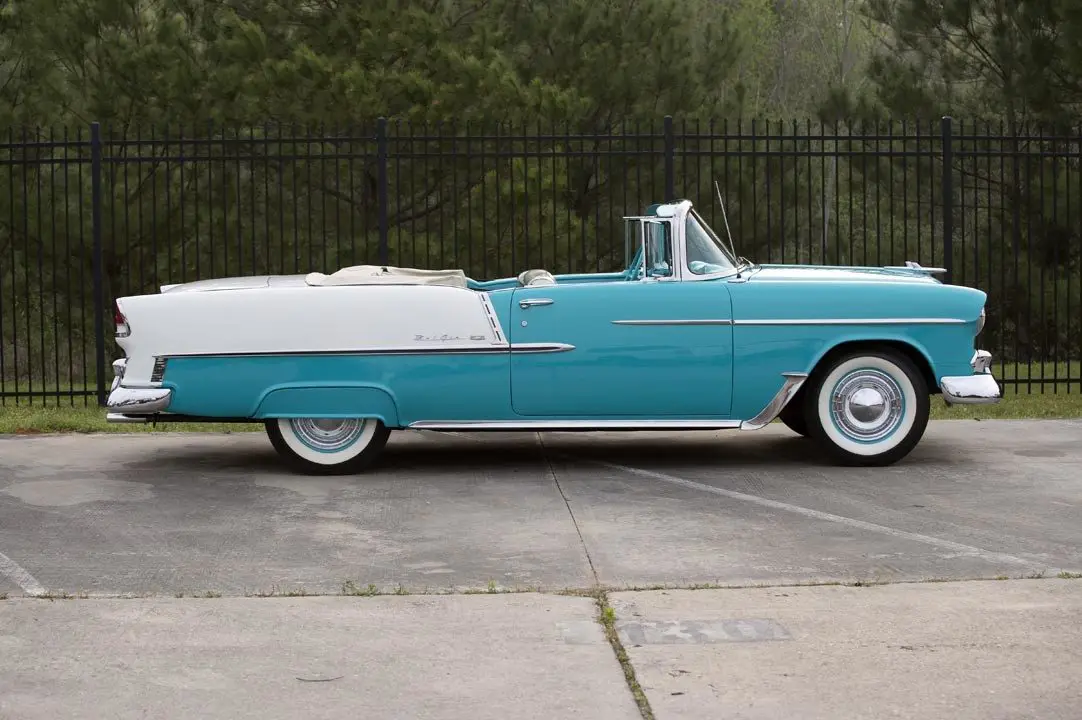What Is a Classic Car?
Believe it or not, there is no consistent definition of what a Classic Car is. But that doesn’t mean that there aren’t countless entities with their own definition. Here in the US, state governments typically define a Classic Car as any car over a certain age, normally 20 years and as the State of Pennsylvania phrases it “has been maintained in or restored to a condition which is substantially in conformity with manufacturer specifications and appearance.” However, that’s just a definition for a well-maintained old car, not a Classic Car. Just like a wine that was made 80 years ago doesn’t just become a vintage because it’s old, not all old cars are classics.
The Classic Car Club of America’s Definition
The Classic Car Club of America has a definitive list of their approved Classics (the CCCA uses the word “Classics” as a proper noun), but it only includes select cars built from 1925 to 1948. An owner of a 1954 Mercedes-Benz 300SL, a Ferrari 250 GTO, or a 1971 HemiCuda convertible might take exception to this definition, though. Even though their car is widely adored, can cost millions, and has been maintained in completely stock condition, they aren’t Classics. So why the limited definition of the Classic Car Club of America?
It may very well be that that’s just what they arbitrarily chose to recognize or it may be that cars made between the two world wars have a distinct style of their own and represent a distinct era in car making. However, to say that they are the only cars worthy of being called a classic is a bit of stretch for some.
According to Classic Car Authorities
If you combine the various definitions of a Classic Car from various Classic Car authorities, then you find a range of cars made from the mid 20’s to 1972. Cars made before that are typically called “antiques,” while cars made from the 1983 on are considered modern Collector Cars, currently. So where does that leave the remainder of the 70’s? It’s hard to say they are modern cars, but due to the impact of the energy crisis of the early 70’s on car design and the depressing malaise era that followed, no one seems to want to claim them as classics either.
Heacock Classic’s Answer
Regardless of a car’s status, it’s good advice to never say to a fellow car owner “your car isn’t a real classic.” To a certain degree, a classic is in the eye of the beholder. At Heacock Classic we don’t make these sorts of arbitrary distinctions. It’s more about how the car is used and maintained. Regardless if it’s a brand new exotic, a grand old Duesenberg, or a kitschy old fastback restomod from another era, as long as it is kept and driven as a Collector Car, that’s what we’re interested in insuring. It’s why we don’t consider Heacock Classic as just another Classic Car insurance company, it’s more accurate to say that we are Collector Car Insurance company.
We believe the pursuit of car collecting is important historical and cultural curation and doesn’t need the same insurance that a daily driver needs. Because everyone hates that these pieces of design history can sometimes become “garage queens” we proudly cover pleasure use driving of Collector Cars that we insure. We’re also a top provider of race car and car show insurance too. We aim to provide the insurance that makes public displays of automotive awesomeness possible.


Leave A Comment